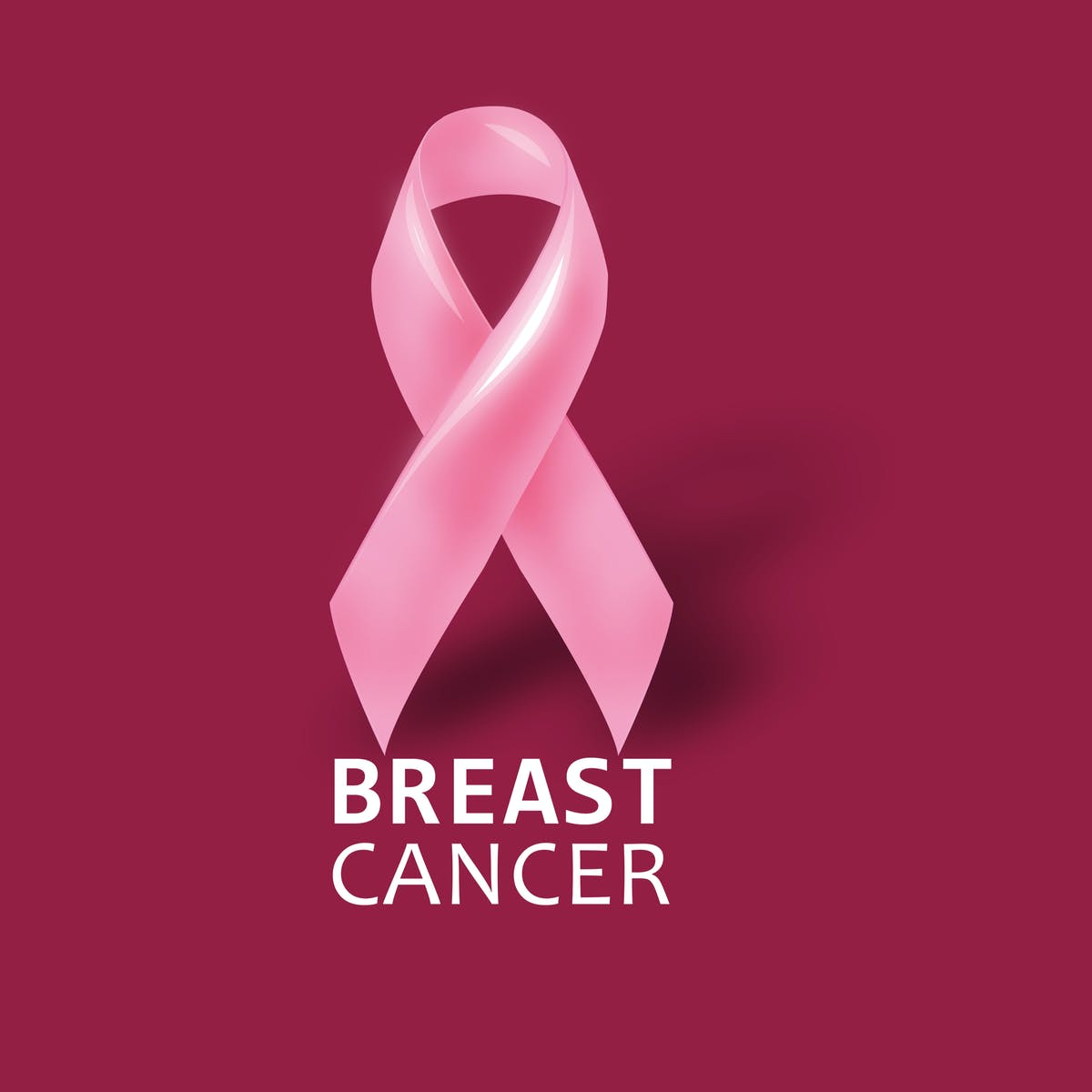A Cancer diagnosis is not a death sentence.Cancer is one of the leading causes of morbidity and mortality worldwide, with approximately 18 million new cases in 2018. Cancer is the second leading cause of death globally and was responsible for 9.6 million deaths in 2018. India is not far in this league 1.2 million new cases of cancer and more than 7 lakhs of deaths.

Creating awareness about breast cancer
According to Dr Ashish M Kaushal, Oncologist, HCG Hospital , “Cancer is not only a health concern, it’s a complex issue that also involves social, economic, developmental and human rights. The numbers listed above are alarming, yet one of the main goals of World Cancer Day is for people around the world to be aware that a cancer diagnosis is not a death sentence.”
Speaking of breath cancer, there has been increase in the newer cases in India by 14% (in both the sexes. If we focus only on women, the numbers attribute to 27.7 % with 12.11% mortality in India.
The risk of developing breast cancer is increased by genetically, anamnestic family burden, hormonal issues like early menarche, late menopause, late or no pregnancy, Obesity, postmenopausal weight gain and via toxin i.e. radiation exposure of the breast in childhood, and contralateral breast carcinoma (first carcinoma).
Some of the symptoms for breast cancer induces:
1. lump or thickening in breast, often painless
2. Discharge or bleeding
3. Change in size or contours of breast
4. Change in color or appearance of areola
5. Redness or pitting of skin over the breast, like the skin of an orange
6. Inversion of the nipple
The diagnosis of breast cancer can be done via self-breast examination, clinical breast examination, Mammography -ACS Guidelines, Ultra-sonography, MRI and biopsy. While the treatment option can vary from Surgery, Radiation, Chemotherapy, Hormone Therapy, Targeted Therapy and Biologics
Today, some cancers that were once considered deadly are treatable and, in some cases, curable. The advancements in understanding risk factors, along with prevention, early detection and rapid treatment have improved cancer management.
Cancer screenings are one of the easiest and least expensive procedures health professionals can perform during patient care. Think of a cancer screening to protect and preserve your health. A screening can show you’re healthy or help find cancer before you have symptoms. Early detection of cancer means it’s more likely to be treatable. Talk to your primary care doctor about the screenings that are right for you based on your age, gender, and personal and family medical history.




